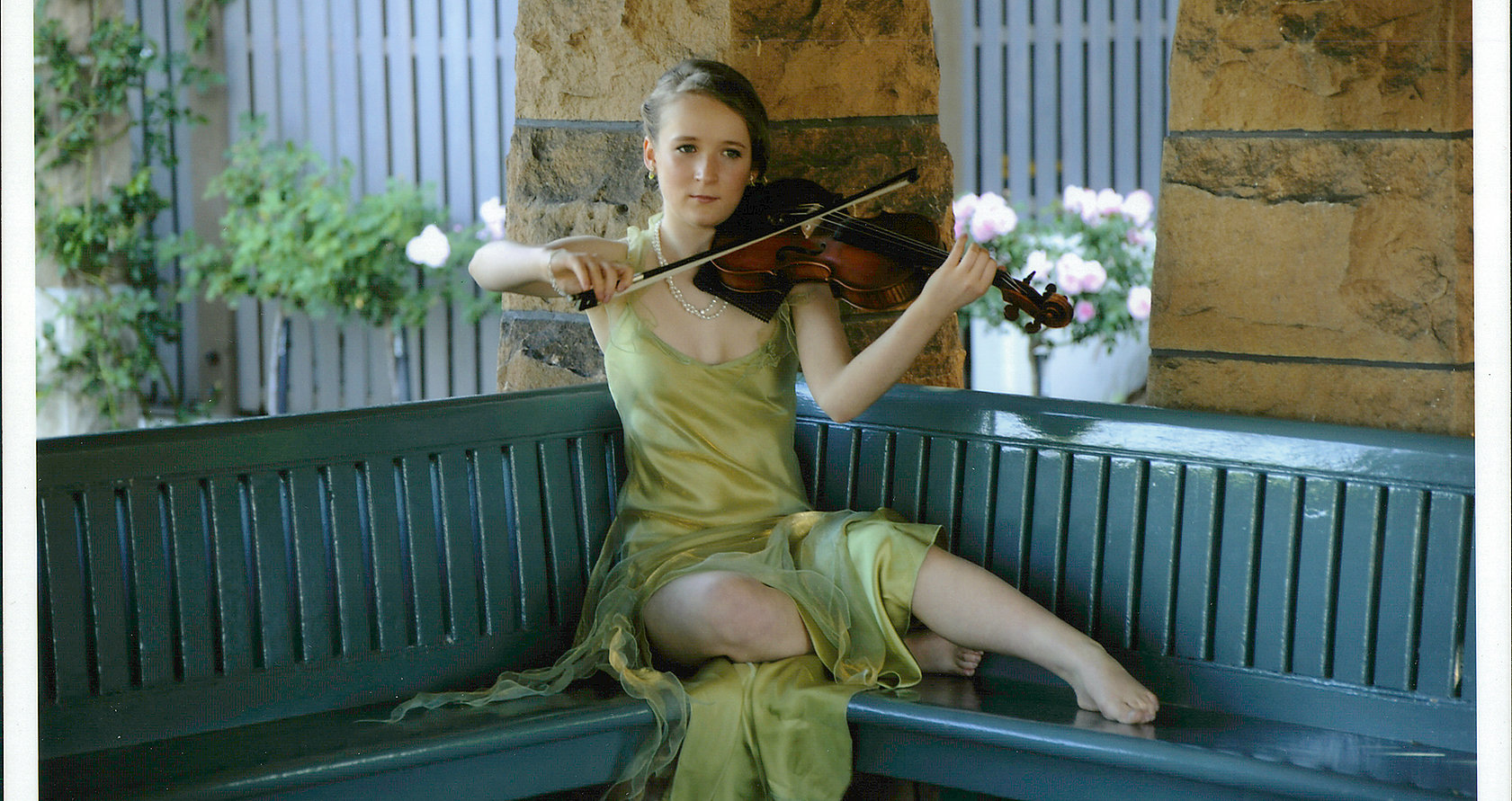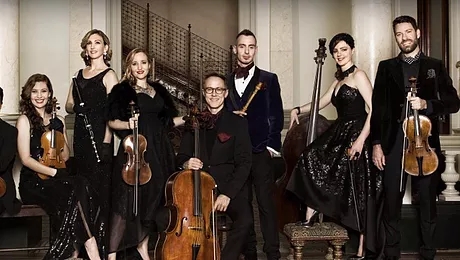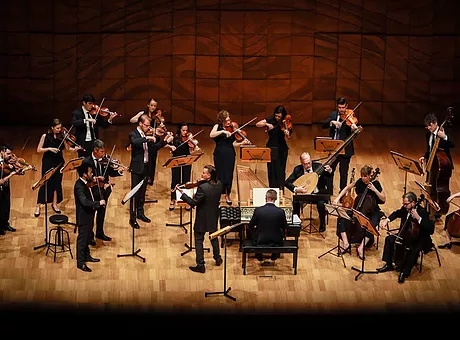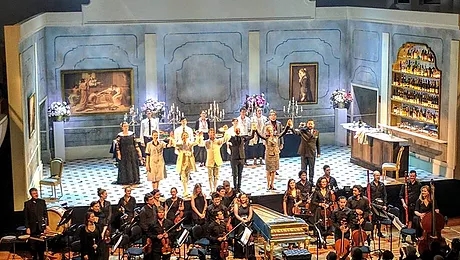When you think of Handel’s Amadigi (in so far as anyone thinks about the composer’s rarely staged, also-ran London score at all) it’s as a magic-opera. Sorcerers and sorceresses do battle in a fantasy land not found on any map. The stage directions alone are enough to stir the commercial loins of any 18th-century impresario. Enchanted palaces are ‘split asunder’, caves transformed into ‘beautiful palaces’, monsters ‘ascend from the bowels of the Earth’ and a chariot ‘descends covered in clouds’.
https://www.spectator.co.uk/article/youll-shrug-where-you-should-marvel-garsingtons-amadigi-reviewed




 WITH ORCHESTRA OF THE ANTIPODES
WITH ORCHESTRA OF THE ANTIPODES